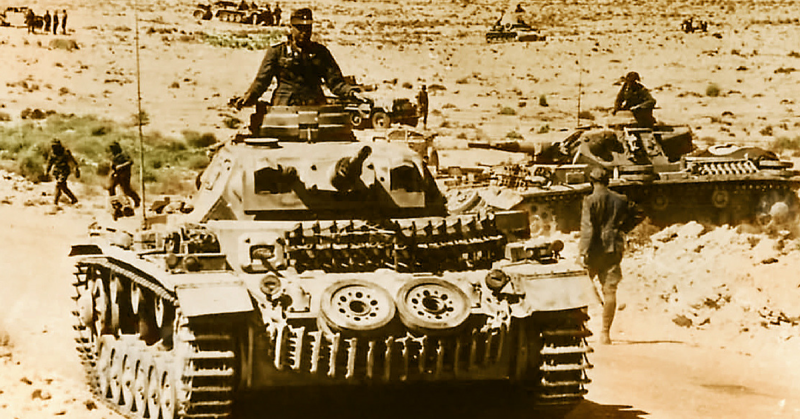At the start of the Second World War, the Allies found themselves at a huge disadvantage. The Axis powers were ready for war while the Allies weren’t. This gave Hitler and his cronies the initiative and the advantage in the field, leading to decisive German victories in Poland and France.
Some of the reasons for this stem from Hitler’s deceptive character. But ultimately, the Allies bear much of the responsibility for their own undoing, thanks to an unwillingness to face uncomfortable truths.
Aftermath of War
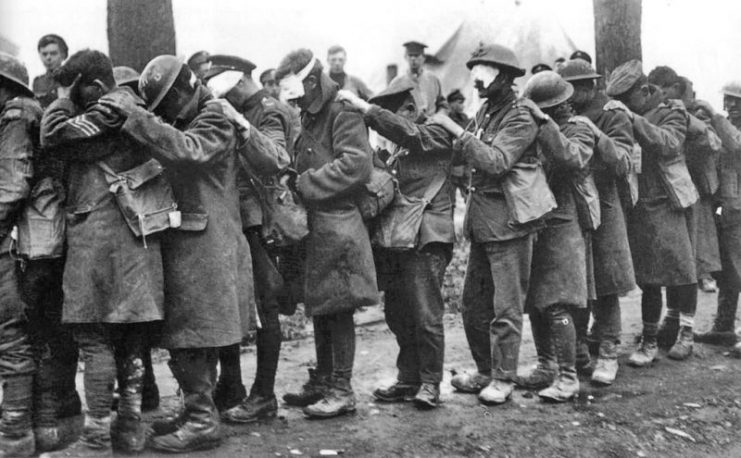
The seeds for the disastrous start to World War Two were sewn during the aftermath of World War One.
The death of so many millions made most countries incredibly averse to further wars. They had seen the horror that industrialized warfare could bring and did not want to face it again.
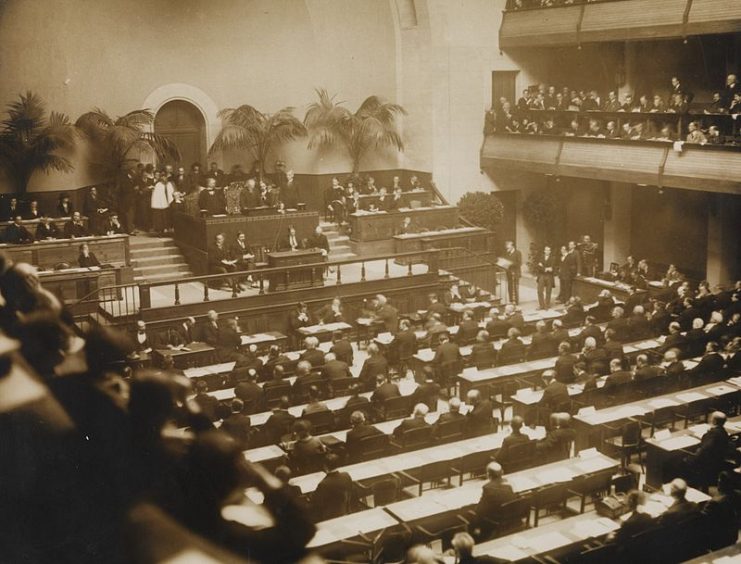
This fear had a strange companion, complacency. The great powers believed that they had learned their lessons from the Great War. There would be no more secret systems of alliances that could inadvertently plunge Europe into total war.
In their place was the League of Nations, a pact asserting that the international community would protect its members, large and small, from aggression. This, they believed, would deter future wars.
Underpinning all this was a very modern belief that rationality could solve anything. According to this view, wars arose out of misunderstandings and if those misunderstandings could be avoided then peace would reign.
Secret Rearmament
During the 1930s, the Nazi party took control of Germany and immediately began preparing for war. Their motives were not misunderstandings. They were ambition, greed, and a thirst for revenge.
The secrecy of Germany’s rearmament put the Allies at a disadvantage. By the time Hitler announced the foundation of his air force, the Luftwaffe, it had already been preparing in secret, disguised as civil aviation work. German tanks and their tactics were tested in the Soviet Union, out of sight of the rest of the world. Outright lies about the size of battleships and the size of the army kept observers from seeing the truth.
Other Priorities
The Allies might have realized what was going on if not for a large measure of willful ignorance, driven in a large part by their other priorities.
France’s Popular Front government came to power through the promise of social reforms. It couldn’t spare the money or attention to focus on building up the military.
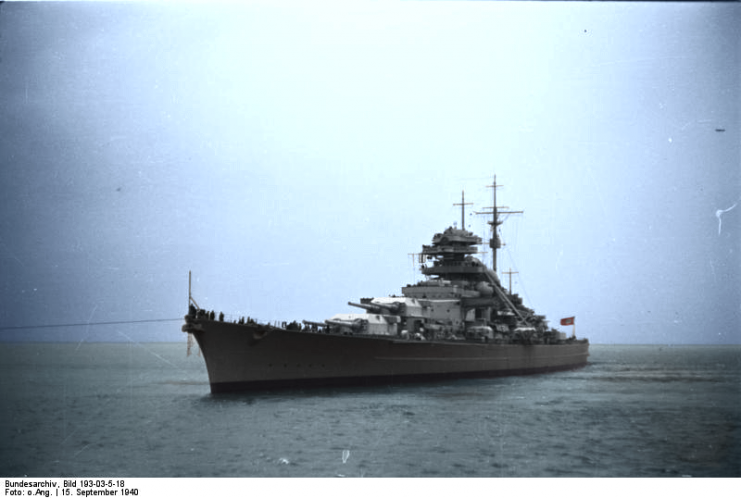
In Britain, both the people and the government were eager for peace. They felt a lot of kinship with the Germans. Many believed that Germany had been treated too harshly after the First World War. Rather than prepare for a fight, they focused on avoiding it.
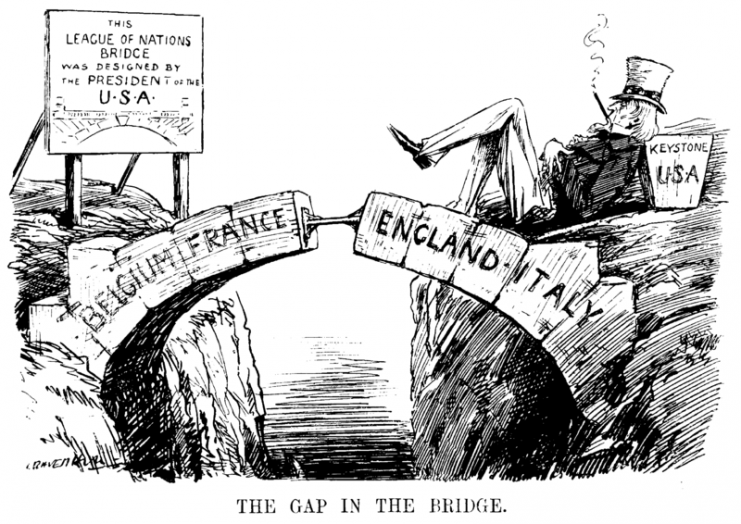
For everyone, economic conditions provided an important distraction. The Great Depression had led to massive poverty and unemployment. Surely that was more important than preparing for a war that might never come?
This led to a slow pace of rearmament, which in turn became self perpetuating. A lack of investment in the military included a lack of investment in military intelligence. This kept the Allies from understanding how quickly and effectively Hitler was gearing up for war, information which might have sped up their own rearmament.
Ethiopian Crisis
A critical moment came in 1935 when Italy invaded Ethiopia.
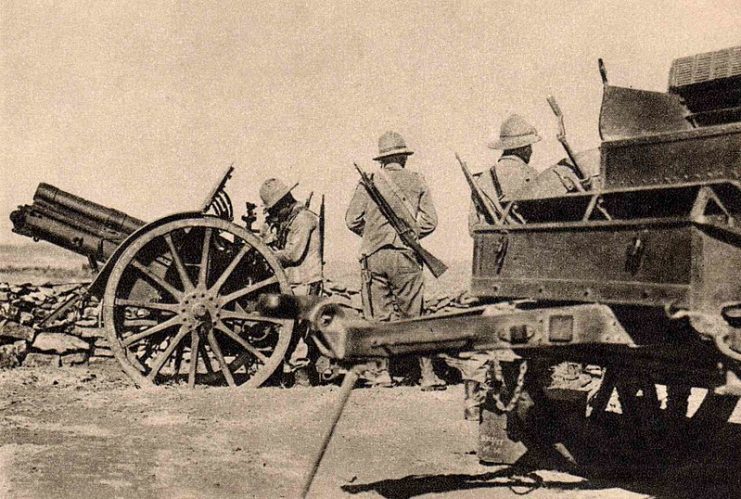
According to the approach enshrined in the League of Nations, the great powers were meant to mobilize to protect the African nation from the European aggressor. Doing so would demonstrate that the League still mattered and that aggression would not stand.
In practice, there were only two nations who might have risen to this challenge, Britain, and France. But France was trying to improve relations with Italy, so would not put a great effort into stopping the Italians. The British made a big show of their willingness to help, with grand speeches and the movement of battleships to the region.
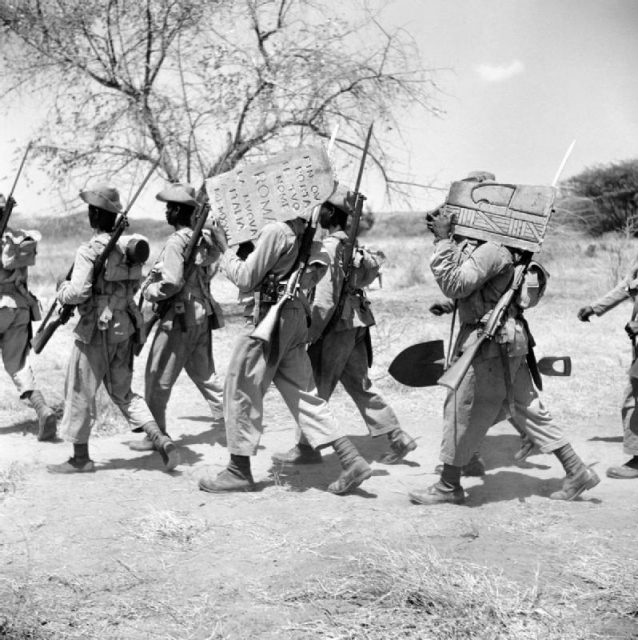
But when they realized that the bulk of the effort would fall on Britain alone, the British government changed its tune. Ethiopia was abandoned to its fate. The peace guaranteed by the League of Nations proved to be a sham.
One Step at a Time
Now Hitler began his own project of expansion. But instead of going straight to a full on invasion of Germany’s neighbors, a move which would have brought instant war, he slowly turned up the heat. Each step was just a little further than the one before, making it harder for opponents who had accepted the one event to justify fighting over the next.
First, he rearmed the Rhineland, the German region bordering France. Taking place inside Hitler’s own territory in “his own back-garden” as the British Lord Lothian called it this was something no country would fight to prevent.
Then came the annexation of Austria into Germany. Ethnically German Austrians had driven a call for this, so who were outsiders to say no?
Then came Czechoslovakia. At first, Germany asked only to occupy regions with a majority of ethnic Germans, who allegedly wanted to join Germany. But these regions also contained the Czech defenses against invasion from Germany. Britain and France accepted the move, only to see the rest of Czechoslovakia fall.
By now, it was clear that they would have to stand up to Hitler. But by the time he invaded Poland, he had already successfully absorbed two other nations and all their resources, while the Allies were desperately preparing for war.
Read another story from us: The Four Worst Mistakes Of The Axis Powers During WWII
An Unwillingness to Open Their Eyes
Everything about German and Italian foreign policy in the 1930s spoke of aggression, yet the Allies spent years acting as if peace could be preserved. To acknowledge the truth was to admit that they had been wrong, that they needed to spend money on the military, and that the horrors of war were coming again. Sadly, few leaders were willing to face that discomfort, and so their nations walked unready into war.
